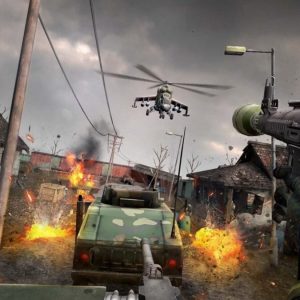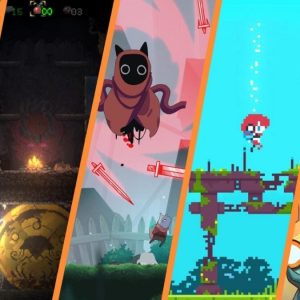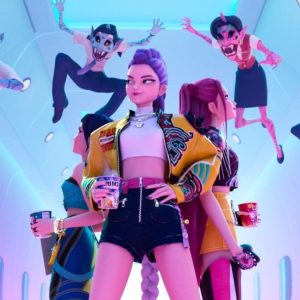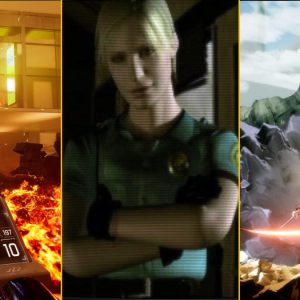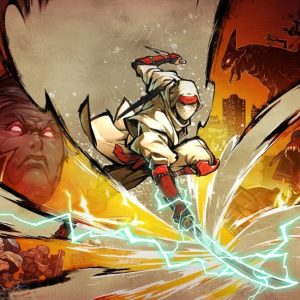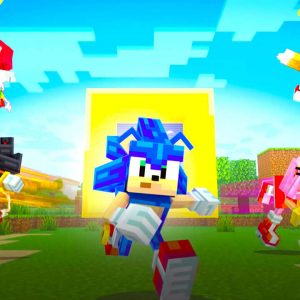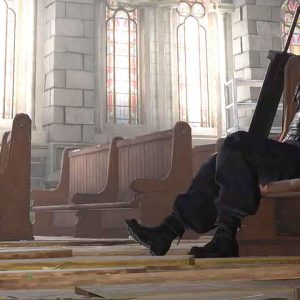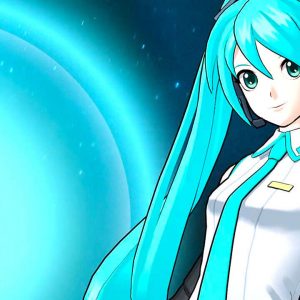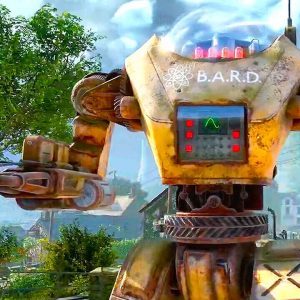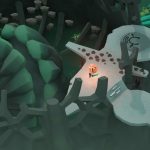Over the years, our relationship with technology has changed greatly, particularly in the social media space. Frustrating as it is fun, it has evolved from another form of self-expression and a way to connect with others into a vital part of our everyday lives and how we establish identity in both the digital and the real world. Ubisoft’s Watch Dogs series has been there every step of the way, highlighting how social platforms have helped us both keep tabs on movie news and learn about the latest government scandal. It also shines a mirror on how social media has become a superpower unto itself, and how one chooses to wield it.
The original Watch Dogs protagonist, Aiden Pearce, a man with paranoia to spare, used others’ obsessions with social media for his own gain. Aiden had a Profiler on his phone that let him glean information off anyone nearby, which he wasn’t conflicted about using. You could tell he viewed the tech-enhanced Chicago and its citizens with contempt. People who think of social media as a waste of time (why would someone broadcast every thought they had on the internet?) all have an air of arrogance about them, and Aiden was no exception. From the start, his social interactions were strained at best and downright hostile at worst—because he didn’t want to connect with anyone and only viewed people in terms of data.
Where the first game was viewed through the lens of someone distrustful of social media, 2016’s Watch Dogs 2 is all the stronger for embracing it. Protagonist Marcus Holloway is a member of the San Francisco branch of the hacker group DedSec (who featured predominantly in the original game). Like all aspiring internet personalities and content creators, Marcus and his DedSec crew are preoccupied with getting followers and increasing the size of their network, which serves as an incentive to complete missions and activities around the city.
Followers in this world aren’t just to stroke Marcus’ ego or to build up his hacker repertoire either, they’re a sign that the public is becoming more aware of the injustices around them. So often, writers use millennials’ constant use of technology and memes to condemn them for just having fun or not paying attention to events happening in “the real world” but Watch Dogs 2 understands that being funny and caring about the world aren’t mutually exclusive.
You can see various social platforms within the world of Watch Dogs 2, but the bulk of it is focused on Twitter – particularly its subset of Black users – and YouTube. The quartet of DedSec hackers —Marcus and his pals Josh, Sitara, and Wrench — are all millennials whose group chats have all the wit and energy of a popular Twitter thread popping off on the timeline. Spirited chats about stingrays and Alien vs Predator carry the same weight as discussions on how to stop a rigged election.

Each story mission for Watch Dogs 2 concludes with the DedSec crew publishing a psychedelic, clip art-heavy propaganda video to the public outlining their actions, all closing out on their slogan: “DedSec has given you the truth. Do what you will.” It makes DedSec sound more sinister than they ultimately are, but the bravado gives them a powerful allure that draws their audience into their message.
By the game’s end, DedSec has succeeded in delivering the truth, and hackers are on the rise across the globe. Next year’s Watch Dogs Legion follows that thread in a way that feels like a logical evolution for the series. London has become a surveillance state under control from a tech-heavy security force. Instead of playing a fixed protagonist, London’s citizens are the stars, all of them able to be recruited and added to London’s DedSec resistance. It’s the type of event the hackers would fight against. Despite what some at Ubisoft may want to say, it’s political in and of itself – get enough eyes on the cause, have the right speech, and a movement is born. Even if it’s a joke, like the current call to arms to storm Area 51, it can become real if enough people believe in it. More, being able to play as anyone, from many walks of life and see the depth of their elaborate simulations — even if you don’t end up recruiting them — won’t be that far removed from seeing a snippet of everyone’s lives while clearing out your Stories on Instagram or Snapchat.

Rapid advancements in social media have led to the creation of a watchdog society. Nothing is ever truly forgotten anymore, and one’s past can be dug up by their enemies. It helps as much as it hurts; having eyes on everything at once makes it easier for the government to acquire information on everyone. But it also means it’s easier for those who want to change the world to come together under a common goal. Thanks to social media, it’s become easier for artists and creators to find jobs or for charities to get the attention they need. DedSec isn’t like real-life Twitter movements such as Black Lives Matter or MeToo that have blossomed into something much bigger, but they do show how social platforms have helped propel those movements forward, and that groups like this can be a force to be reckoned with.
Social media will only grow more powerful in the years to come. If the Watch Dogs series is best at anything, it’s showing that anyone can make a change and that connecting with others is the best way to make it happen.

Justin is a Kansas City, Missouri, freelance writer and is on Twitter often, @GigawattConduit. He also is an avid lover of M&M McFlurries from McDonald’s, and accepts that he has an addiction to them.





